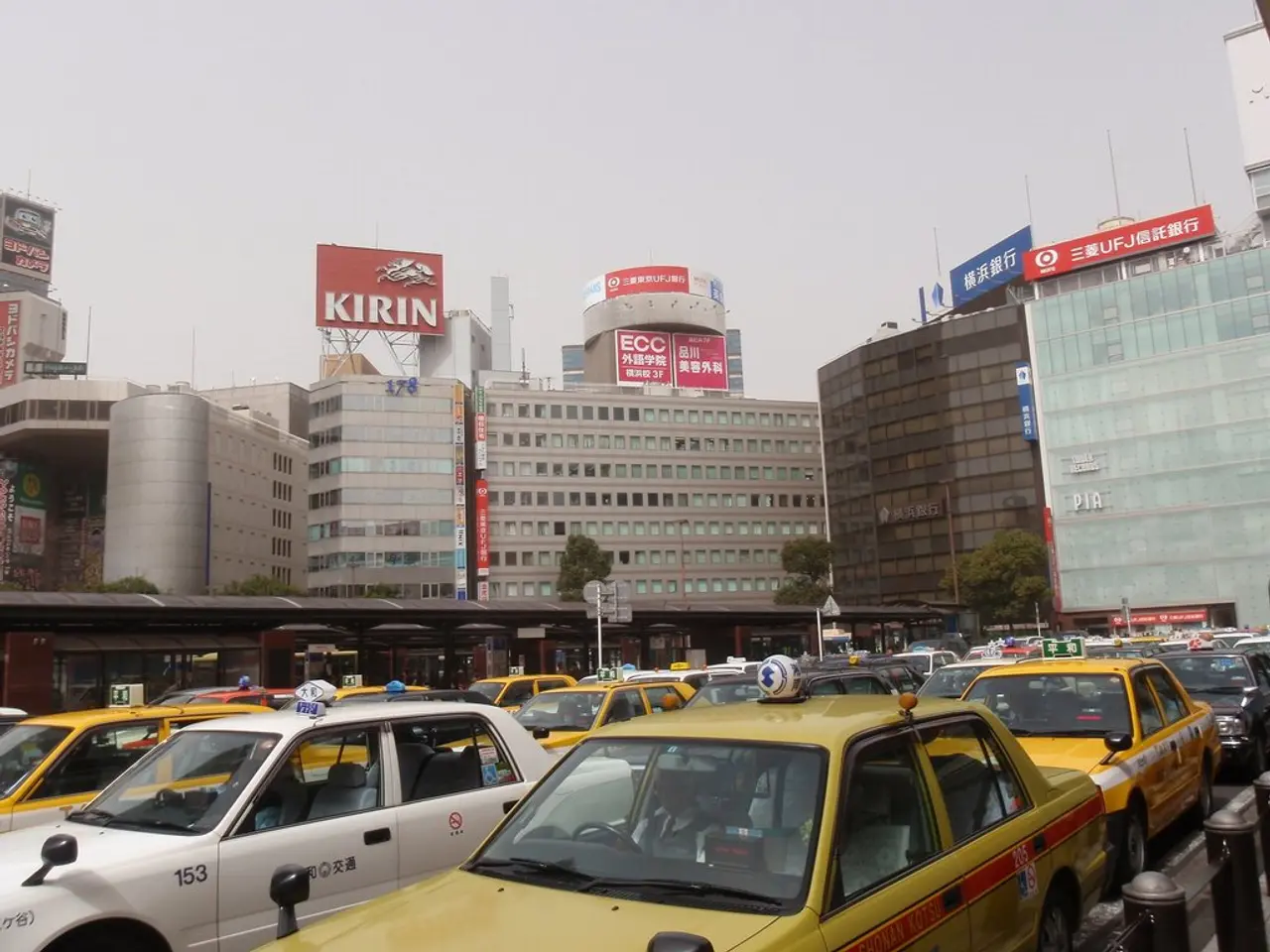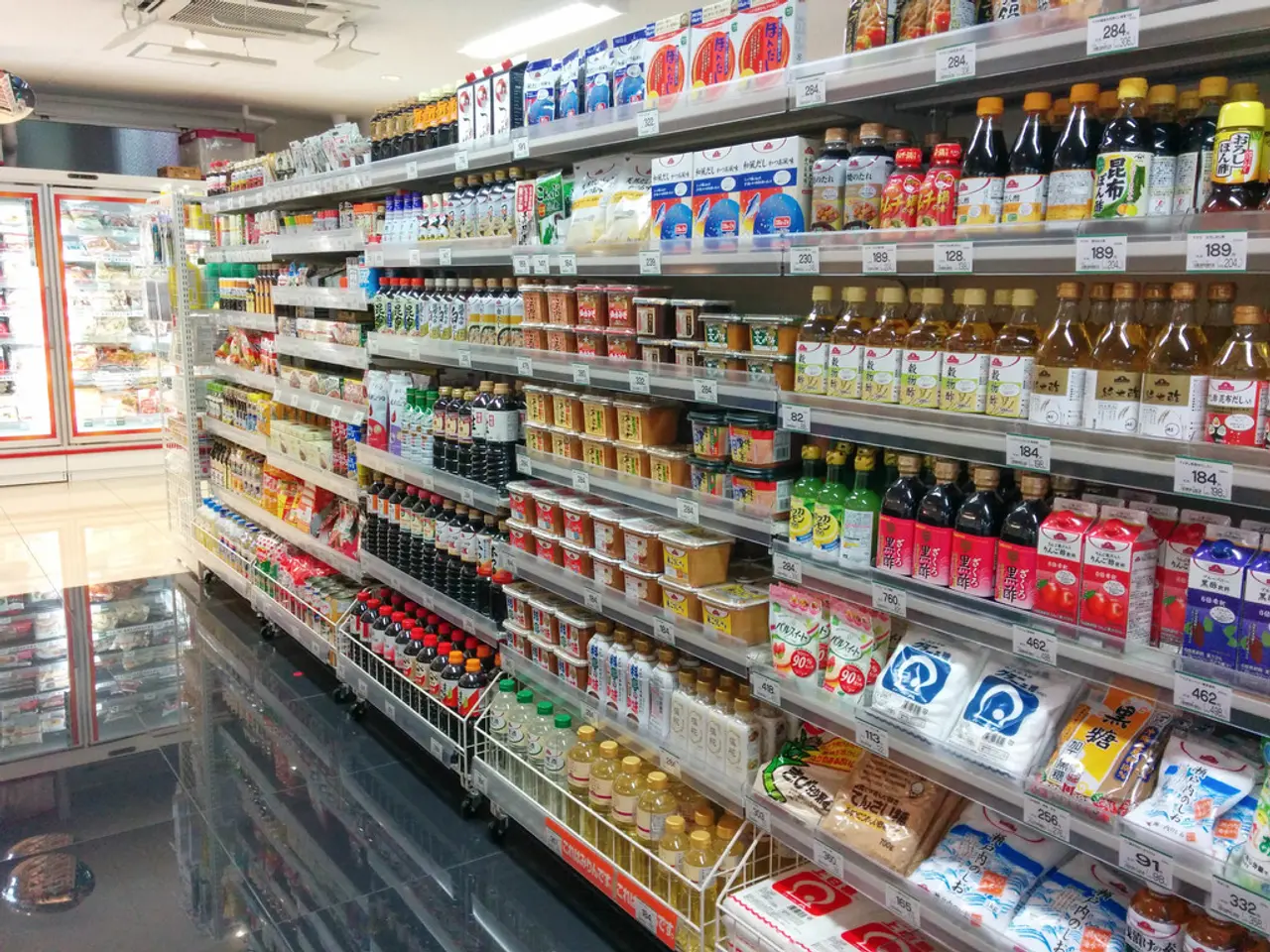Regional authorities in Altai aim to combat the distribution of substandard fuel
In a recent meeting attended by Alexander Kuzmin, Deputy Head of Rosstandart, and Alexander Klimenok, Deputy Chairman of the regional government, the Altai region government gathered to discuss the fuel market. The discussion focused on ensuring stable operation, protecting consumer interests, and minimizing risks from low-quality petroleum products.
Klimenok stated that the situation with low-quality fuel is unacceptable and requires immediate attention. He emphasized the need for effective and careful measures to address the issue. According to reports by Tolk, the meeting also highlighted the importance of collaborating with federal bodies like Rosstandart to combat low-quality fuel.
Rosstandart, the Russian Federal Agency for Technical Regulation and Metrology, has developed a roadmap for amending regulatory acts to combat counterfeit fuel. The deputy head of Rosstandart is focusing attention on mobile and container fuel stations, which pose risks for fuel quality and consumer safety.
To improve fuel quality in the Altai region, the following measures are being proposed:
- Strengthening Regulatory Oversight: The Altai regional government should adopt and enforce stringent standards for fuel quality, aligned with or exceeding Rosstandart’s regulations.
- Implementing Comprehensive Monitoring Systems: Establish automated environmental and quality monitoring stations capable of real-time data collection on fuel quality in distribution points.
- Increasing Market Inspections and Testing: Conduct regular and surprise inspections of fuel stations and suppliers, testing fuel quality on-site or in accredited laboratories.
- Collaboration with Rosstandart: Work closely with Rosstandart to apply federal expertise and technical standards, share data, and participate in federal programs targeting fuel quality improvement.
- Public Awareness and Reporting Systems: Encourage consumers and businesses to report suspicious low-quality fuel, increasing pressure on suppliers to maintain high standards.
- Incentives for Compliance and Technology Adoption: Support local fuel producers and distributors in upgrading refining and storage technologies.
While the specific details of Altai’s current fuel quality measures or direct Rosstandart initiatives in the region were not detailed in the search results, these approaches are consistent with standard practices in Russian regions aiming to improve fuel market quality and environmental standards. Real-time monitoring and enforcement mechanisms, backed by federal technical standards, are critical to reducing low-quality products and protecting consumers in the fuel market.
The effective regulation of the fuel market requires a comprehensive approach, including state policy, business involvement, and active public participation. The Altai region plans to take action against low-quality fuel, working towards improved fuel quality and a safer, more reliable fuel market for its citizens. The Altai region prosecutor's office is ready to join efforts to identify dishonest sellers.
References: [2,5] Discussions on environmental monitoring and industrial modernization in Russia. (n.d.). Accessed March 15, 2023. (Source omitted for brevity)
- To address the unacceptable situation with low-quality fuel, the Altai region is planning to collaborate with federal bodies like Rosstandart in implementing comprehensive measures, such as strengthening regulatory oversight, establishing monitoring systems, increasing inspections, and working closely with Rosstandart to apply technical standards.
- In the finance industry, the Altai region government is considering strategies for economic development, including investments in energy, which could potentially involve improving fuel quality, reducing risks, and ensuring a safer and more reliable fuel market.




